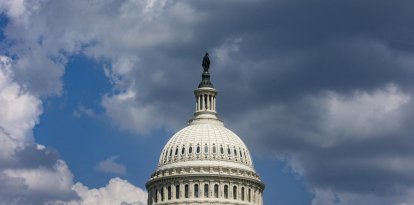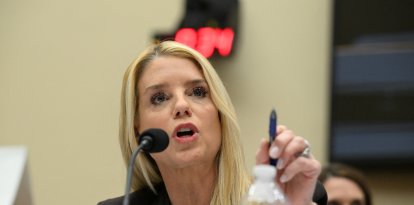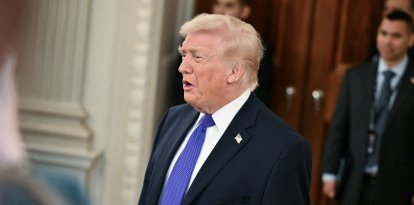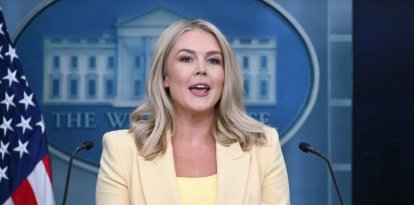Federal judge blocks NIH from implementing Trump's cuts program in 22 Democratic states
The cuts Trump imposed on Monday, Feb. 10, are still in effect in other states across the country.
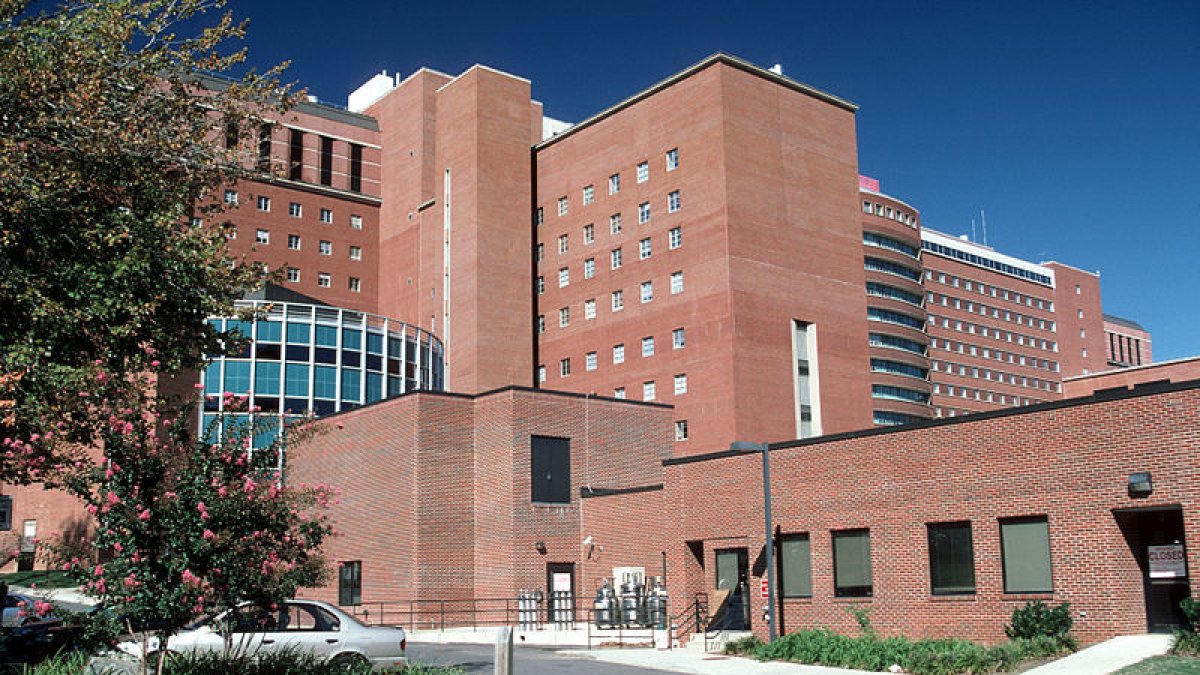
NIH, in file image.
Massachusetts District Court Judge in Boston, Angel Kelley, temporarily blocked the National Institutes of Health (NIH) from implementing U.S. President Donald Trump's decision to cut health research grants. Kelley's move is one of temporary restraint and will prevent the U.S. government from imposing the cuts it had lined up for 22 states, which had previously sued to block this funding reduction. Despite this, the cuts that Trump imposed this Monday, February 10 are still in effect in other states across the country.
Kelley also ordered the NIH to submit a status report within 24 hours and at biweekly intervals thereafter. The judge, who was assigned to her position during the administration of former President Joe Biden, explained that this will be crucial to confirming “the regular disbursement and obligation of federal financial assistance funds.” Kelley also detailed that a hearing will be held on February 21 to evaluate the next steps to be taken.
Lawsuit by 22 Democratic states
The judge's decision came in response to a lawsuit filed by the attorneys general of the 22 Democratic states where the cuts would be imposed. They argued that it was necessary to prevent the NIH from implementing the measures in the cuts program, as they would result in "catastrophic financial consequences."
Similarly, the attorneys general argued in their lawsuit that the policy the Trump administration wants to implement in this regard could lead not only to the layoff of thousands of workers across the country, but also to disruptions in clinical trials and the closure of research programs. Furthermore, these attorneys general explained in the lawsuit that all of these side effects would put the health and lives of millions of people in these 22 states at risk.














